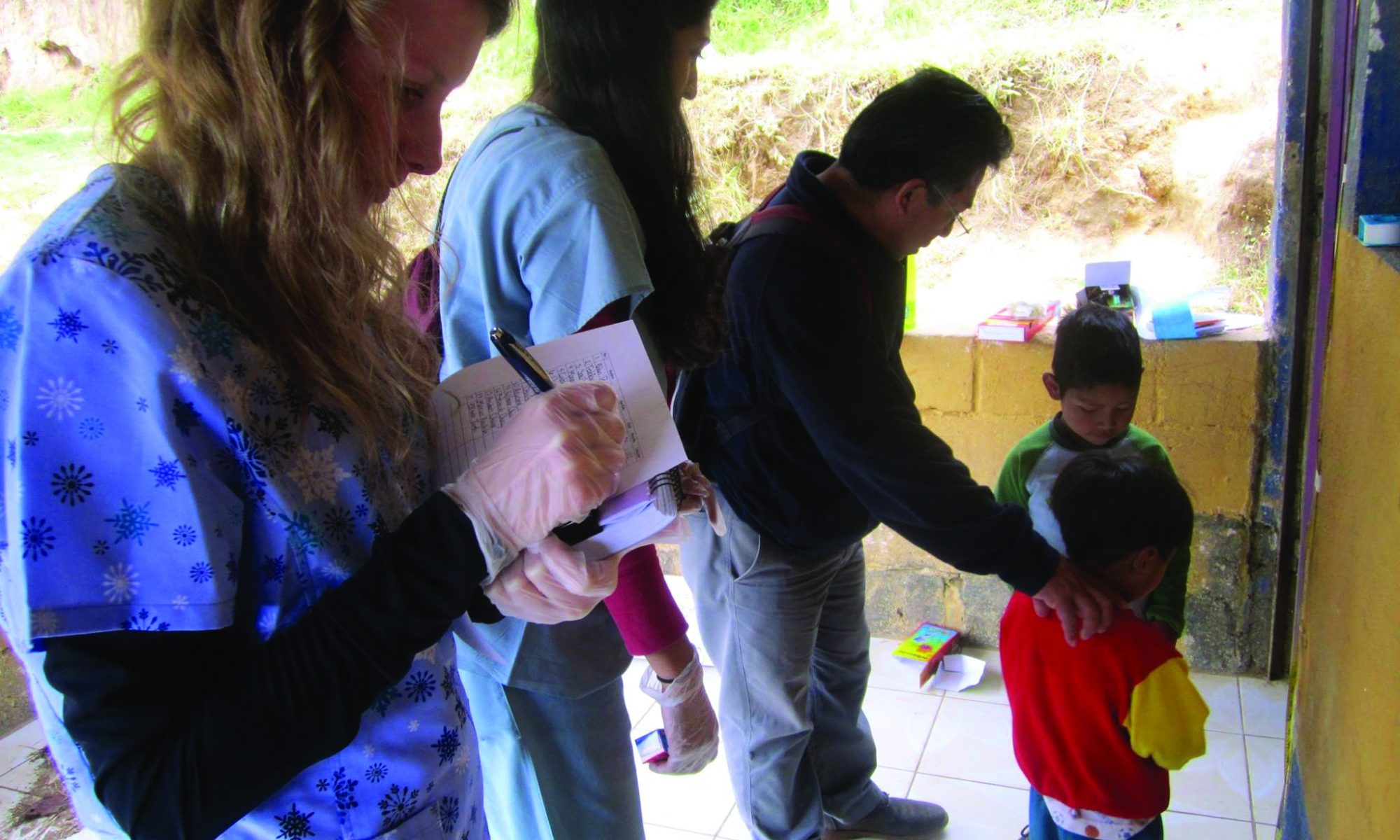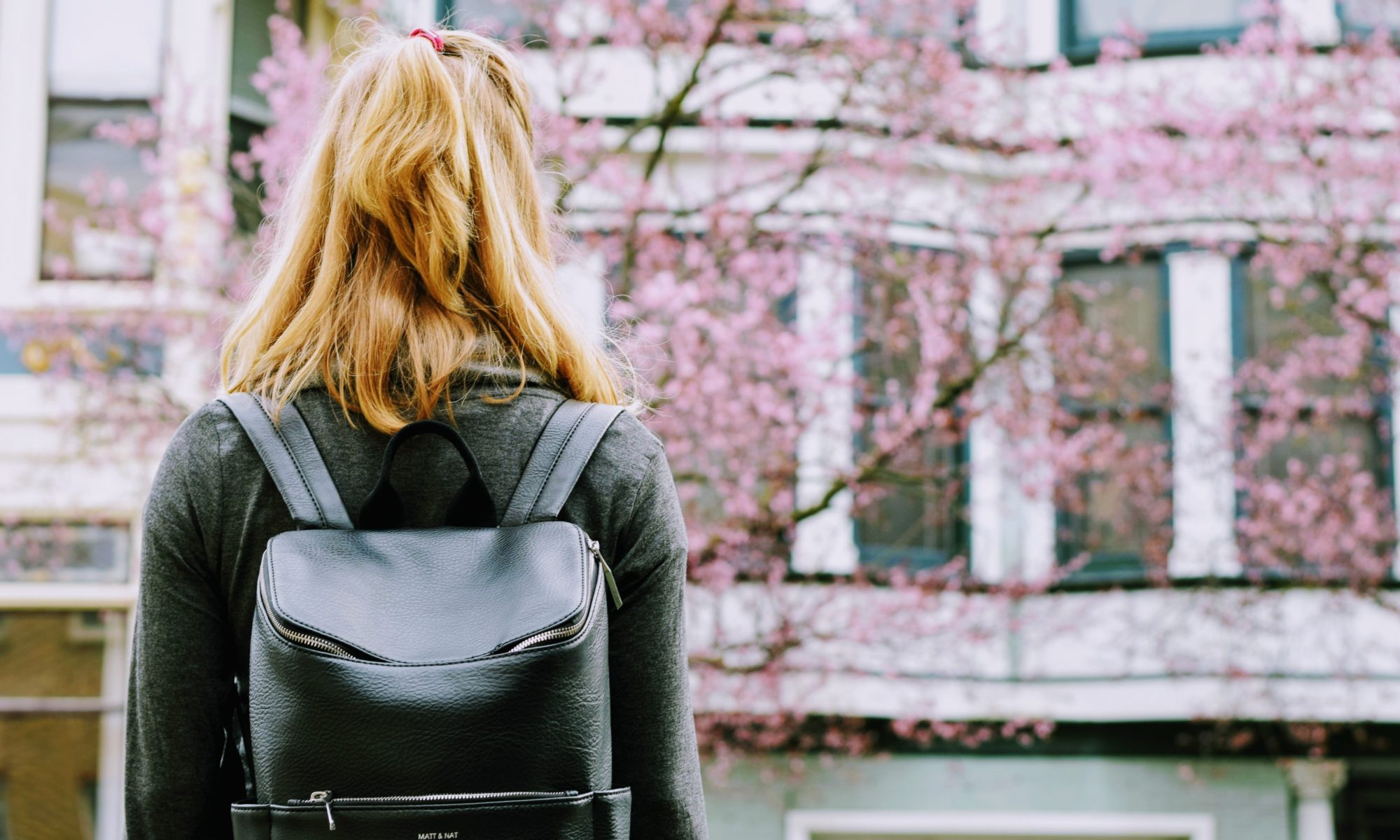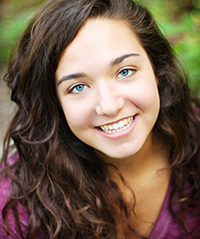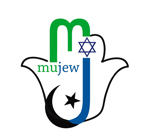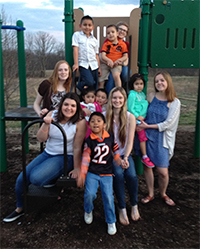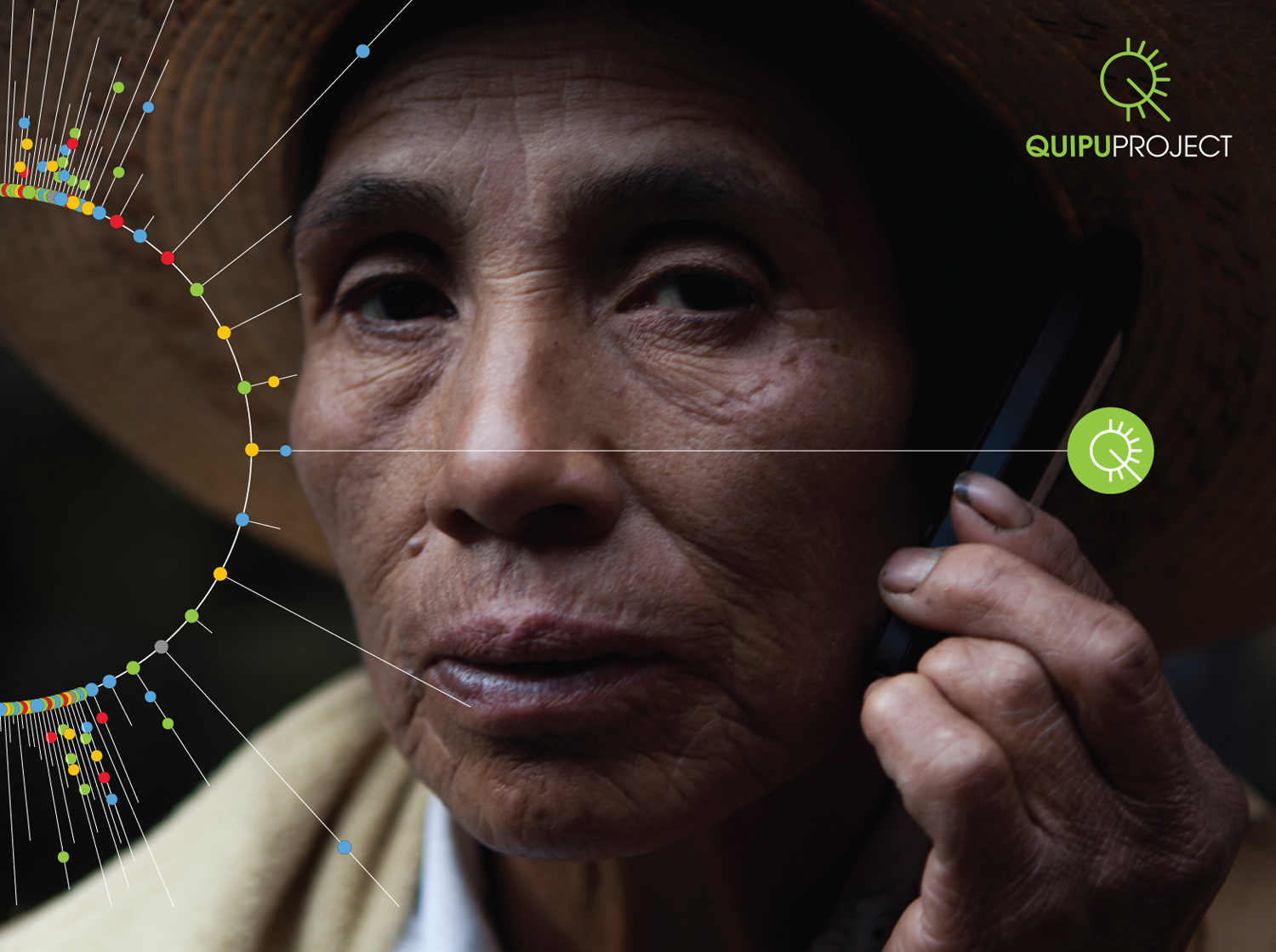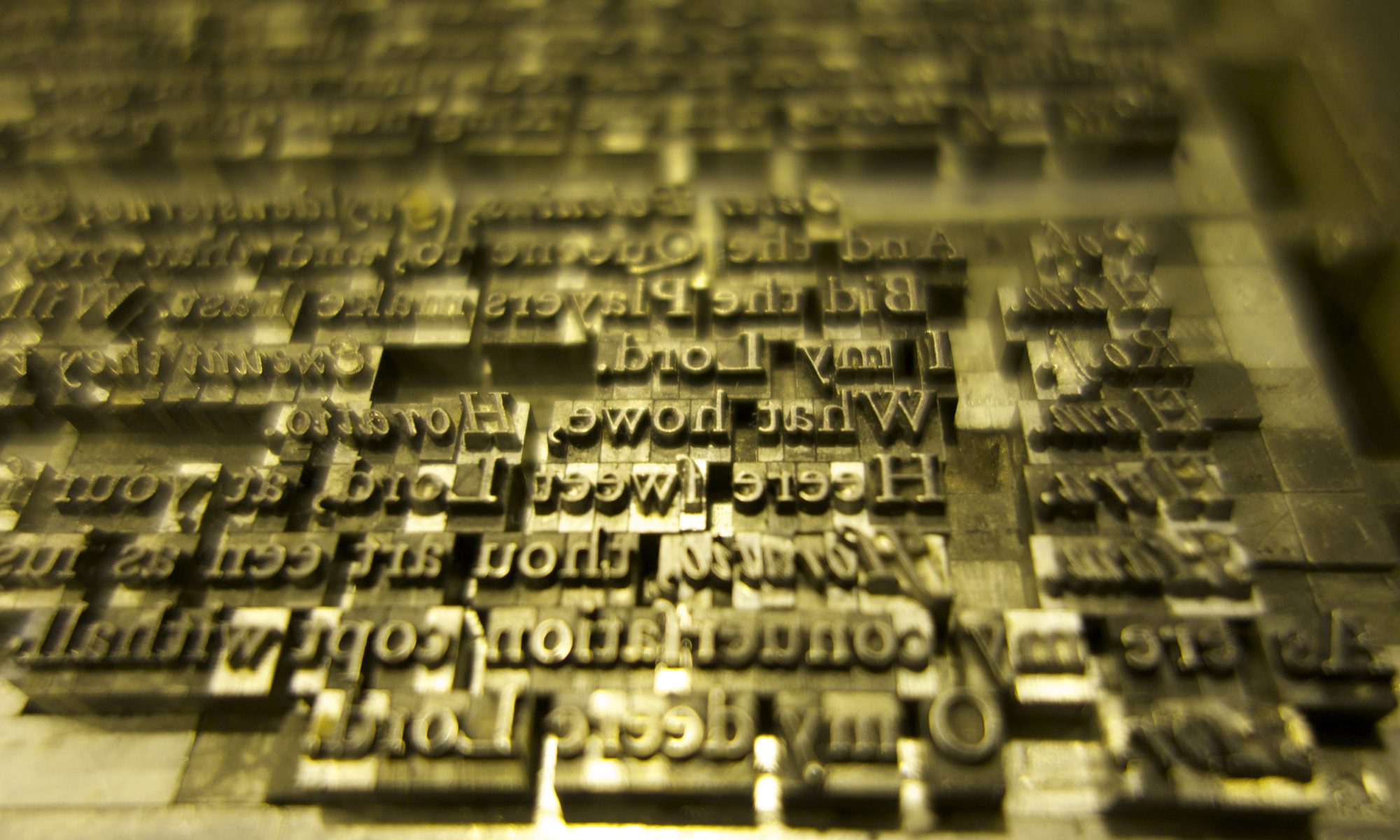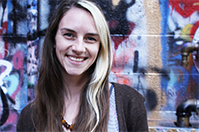Vincent Longo
PhD ’20, Screen Arts and Cultures

In 1946, entertainment legend Orson Welles adapted Jules Verne’s novel Around the World in 80 Days into Around the World, a multimedia Broadway musical extravaganza. Unfortunately the production quickly fell under financial disarray, and, just as quickly, the details of the production faded from cultural memory.
However, using materials from the Orson Welles archive here at the University of Michigan, over the past two years I reconstructed not only the play itself, but also the six missing film sequences that Welles shot for his it. This research revealed that, in several sequences, Welles blended film and live performance together so that both media interacted and depended on each other to function. Though this type of production became fairly popular after the 1970s, when Welles did it in 1946, this sort of multimedia production was nearly unheard of in America.
In order to give contemporary audiences a sense of what these film sequences may have looked like during a Broadway performance, this project aims to create animated visualizations that accurately portray all six film sequences. Simultaneously, this project aims to demonstrate creative and innovative uses for the University of Michigan’s unparalleled archival collections, outside applications in traditional research.
Library Mentor: Phil Hallman


